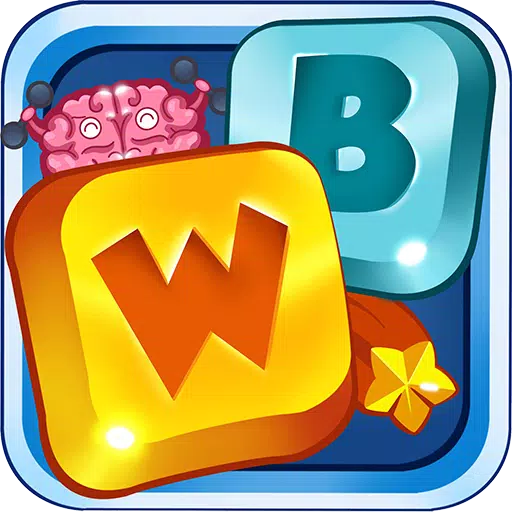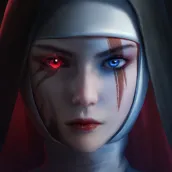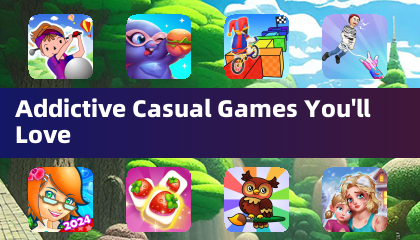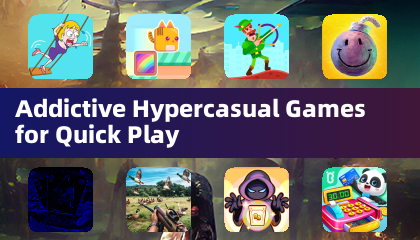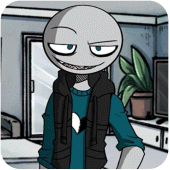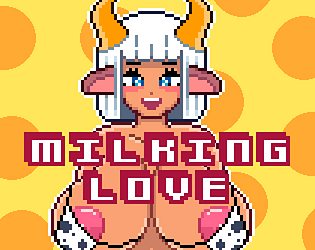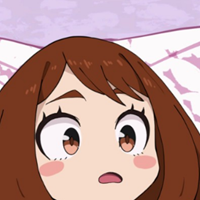The Marvel Cinematic Universe has built an entertainment empire by weaving together films and TV shows into one sprawling, interconnected narrative. Yet Marvel's video games tell standalone stories with no ties between them. Insomniac's Spider-Man series exists in complete isolation from Eidos-Montreal's Guardians of the Galaxy, while upcoming titles like Marvel 1943: Rise of Hydra, Wolverine, and Blade won't share any continuity either.
Behind the scenes at Disney though, there were once plans for a Marvel Gaming Universe - an ambitious attempt to replicate the MCU's success in the gaming world. So what went wrong?

Which Recent Superhero Game Reigns Supreme?
Cast Your Vote

 New matchup
New matchup

 See your ResultsFinish voting for your personal picks or view community results!Continue votingView results
See your ResultsFinish voting for your personal picks or view community results!Continue votingView resultsDuring an episode of The Fourth Curtain podcast, host Alexander Seropian and guest Alex Irvine - who both worked on Marvel games - shed light on the failed MGU initiative. Seropian, co-founder of Bungie (makers of Halo and Destiny), later headed Disney's gaming division until 2012. Irvine crafted narratives for Marvel games, including recent work on Marvel Rivals.
"Early in my Marvel career, there was serious talk about building a cohesive gaming universe mirroring the MCU's approach," Irvine revealed. "Ultimately those plans never materialized."
Seropian confirmed this was his brainchild during his Disney tenure: "I championed this interconnected vision before the MCU took off. Unfortunately, corporate never greenlit the funding."
The duo, who previously collaborated on Halo's groundbreaking I Love Bees ARG, had mapped out an innovative framework for the MGU. "We developed fantastic ideas about player navigation between games," Irvine recalled, "imagining a central hub connecting all titles through ARG elements, comic tie-ins, and original content."
The project's complexity may have proved its undoing. "As we addressed fundamental questions about differentiation from comics and films while maintaining internal consistency, some Disney executives grew uneasy with the logistical challenges," Irvine explained.
Looking back, one can't help but wonder what this gaming universe might have achieved. Imagine Insomniac's Spider-Man sharing continuity with Square Enix's Avengers and Guardians of the Galaxy, with characters crossing over and storylines building toward a gaming equivalent of Endgame.
This raises intriguing questions about future titles - might Wolverine exist in the same continuity as Spider-Man? Could we see cameos or shared storylines?
For now, the MGU remains another fascinating what-if in gaming history. Though in some alternate reality, perhaps gamers are eagerly anticipating the next installment of this ambitious shared universe...




